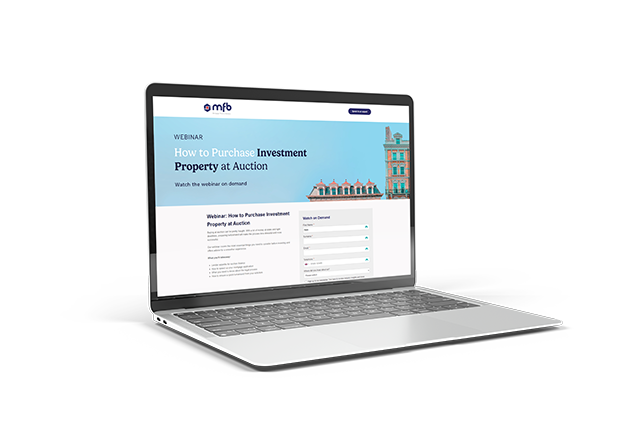Buying at auction can be pretty fraught. With a lot of money at stake and a tight time frame, preparing beforehand can make the process less stressful and more successful. Here are my seven tips for smoother experience.
1. Research the property and its location
Just as you would with any non-auction purchase, check out the surrounding area. Ask yourself; if the property wasn’t at auction and potentially the bargain of a century, would you still want to buy it?
2. Inspect the property yourself
At the very least go and see the property. If possible, get it surveyed before the auction. Generally speaking, most properties can be mortgaged BUT if there are any structural issues such as subsidence, or there is Japanese Knotweed growing in the garden, or anything else which would mean you would struggle to insure the property then you could find you won’t be able to get a mortgage on it either. That’s not to say it can’t be financed at all but at least you’ll know what you are dealing with.
3. Read the legal pack
All auction properties have legal packs and its worth reading them thoroughly or better still, asking your solicitor to read it too. The devil is in the detail and often properties end up at auction because they don’t sell on the open market because of legal peculiarities around the title. Your solicitor should then be able to advise you accordingly.
4. Get your financing pre-agreed before auction day
If you are reliant on finance to pay for the property, get the funding agreed before the auction takes place, even if it is only an Agreement in Principle. Not only does this give you a level of reassurance about your ability to get a loan but it also means you have a head start on the mortgage/loan application process, saving yourself a couple of days down the line. Do get in touch if you would like us to get an Agreement in Principle for you. (It won’t cost you anything!). Make sure you’ve got the rest of your paperwork in order too, so that you’re totally ready to go. We can advise you on what you’ll need to prepare and give you a checklist.
5. Don’t assume you have to take bridging finance
Bridging loans (sometimes called auction finance) are appropriate for certain types of transaction and are designed to be quick. But they are also expensive. You may find that a mortgage is more appropriate and cost-effective option. These days some mortgage lenders are able to turn applications around quickly enough to meet the (typical) 28-day deadline. Just make sure you do your research to check the lender hasn’t got a huge backlog! (We can help with that – we track lender processing times and always factor that into finding the most suitable lender).
6. Do your research when choosing your solicitor
Some solicitors are quicker than others and it is worth selecting a firm which is well-versed in the auction process and can turn things around rapidly. If you are taking bridging finance, the lender will usually insist on separate legal representation. This means they have their own solicitors and you will have a separate firm acting for you. I mention this because some solicitors are not used to this structure and sometimes struggle to work with the lender’s firm, thus causing delays.
7. Don’t sit there with your hand up!
One of the golden rules of buying at auction is to set your maximum price and then STICK TO IT! Lenders will only lend against the lower of the purchase price or market value, so if you pay too much, you could find you can’t borrow as much as you need. Do not get caught up in the competitiveness of the auction house - winning is fun but it can have some pretty dire consequences!
Auction finance
Need a loan to buy that property at auction? Find out a little more about how auction finance works, or get in touch to discuss your plans with one of our experts.
